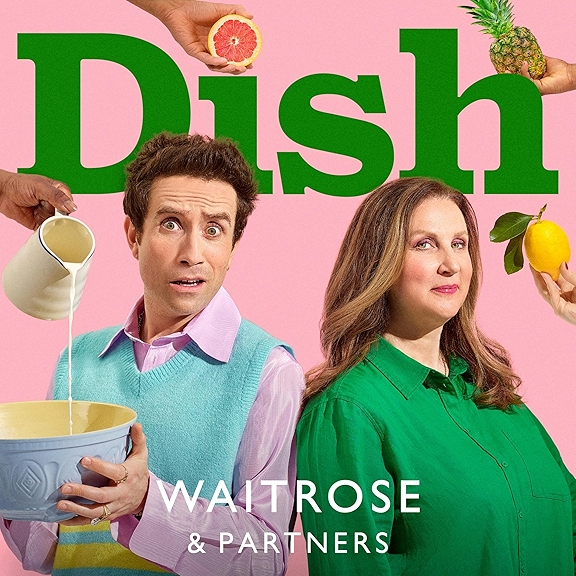
Episode 41. Exploring our humanity with Ronni Abergel
Ten minutes is all it took between the moment I came across a post about The Human Library and the moment I sent an invitation to its founder, journalist and social change activist, Ronni Abergel, today’s guest.
The Human Library is an international not-for-profit organisation, which started in Copenhagen, Denmark, 22 years ago, and is now available in 85 countries and 50 languages. Just as you borrow a printed book from your community’s library, you can borrow a human book from one of the many book depots The Human Library is running across the world.
You choose a title – homeless, bisexual, bipolar, transgender, to name but a few – from a reading list of people from your community, who are facing stigmas and exclusion on a daily basis, and you spend 30 minutes with your book. You’re given a neutral space to listen and ask questions.
How you choose to read your human book is up to you. To quote Ronni’s words, ‘We are in charge of our learning outcomes. It is our courage and curiosity, which define the experience and what we get to talk about. This means that no two readings nor events are the same’.
My very first Human Library event, a couple of weeks before recording this conversation, was unlike anything I’d ever experienced before. I arrived in rainy Norwich feeling curious and excited, and as I was about to read my very first human book, a man with Asperger’s syndrome, I suddenly felt anxious, uncomfortable, and vulnerable.
By the time he started telling me what his life had been like, about the judgements, the challenges, but also his passions and interests, I decided I would do my best to read as many books as was possible that day.
I read five and, on the train back to Cambridge, I felt uplifted, exhilarated, and vulnerable still. An unlikely combination, perhaps, but one that reminded me that connecting with others and overcoming our fears and prejudices, means exploring our own humanity in the most creative way possible, because it means using our imagination and empathy to relate to somebody’s else experience, however different it might seem.
Today Ronni shares his take on creativity and why running The Human Library feels like a calling. He describes the process of developing a sustainable model and reviewing it on a regular basis, and of creating book depots across the world, putting ethical boundaries when selecting human books and tailoring reading lists to corporate and institutional partners.
We discuss what it means to acknowledge our unconscious biases, inherent to our survival instinct, and own them, in order to potentially ‘unjudge’ others, a term embraced by The Human Library which, I hope, will soon make its way into our dictionaries.
When I started this podcast in January 2020, I didn’t know where it would take me. All I knew, was that I wanted to explore creativity in all its shapes and forms and meet all manner of creative people. Since then, I’ve had a wide range of guests from different parts of the world talking about our shared creativity and humanity.
The fact that two years on, I am now introducing a conversation between a Dane, and myself, a French woman, recorded in English, about what brings us together as human beings, about our prejudices, fears, and vulnerability, but also the immense creativity we have at our disposal to overcome those and help us connect with one another, makes me feel not only very grateful, but also proud, so I hope you will enjoy it.
ABOUT THE CREATIVITY FOR ALL PODCAST
A maths teacher can be creative. So can a financial adviser, a community builder, and a yoga teacher. Not to mention a speed painter, a potter, or an actor!
Creativity is everywhere and I love nothing more than to explore it in The Creativity for All Podcast, either by focusing on a theme – such as perfectionism, feeding your creative brain, or the pressure to be creative – in my solo episodes, or through my conversations with all manner of creative people.
I want to challenge the perception of creativity and, in the process, debunk many myths attached to it: it's painful, for artists and the chosen few, etc.




















